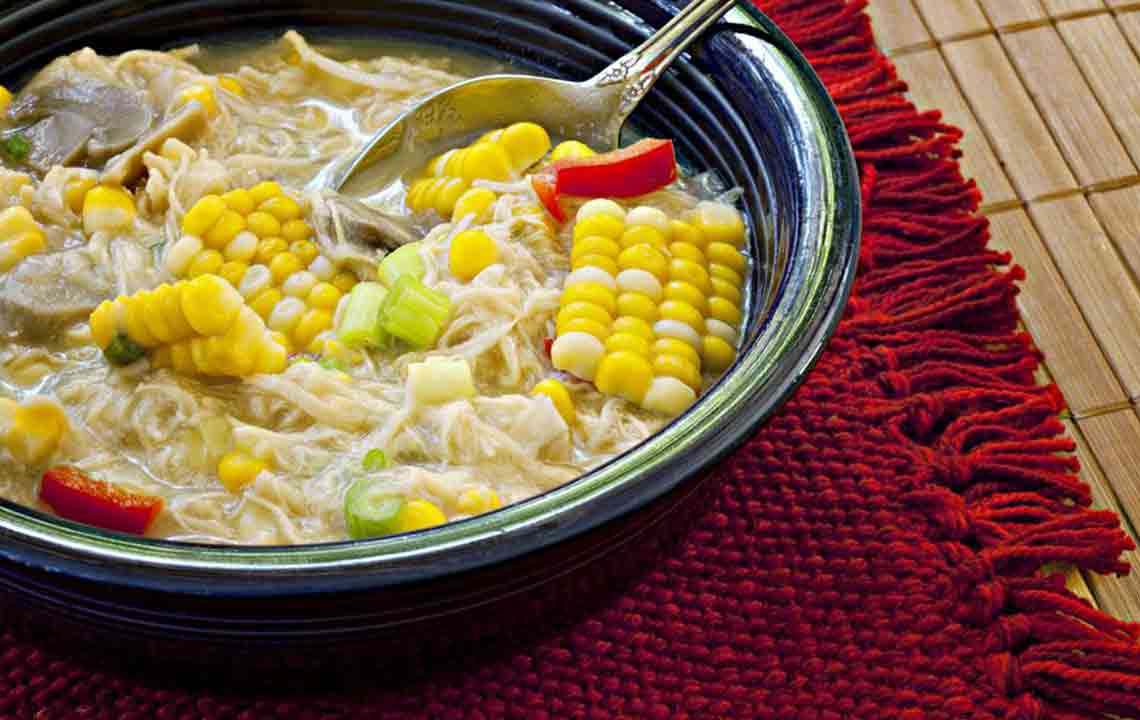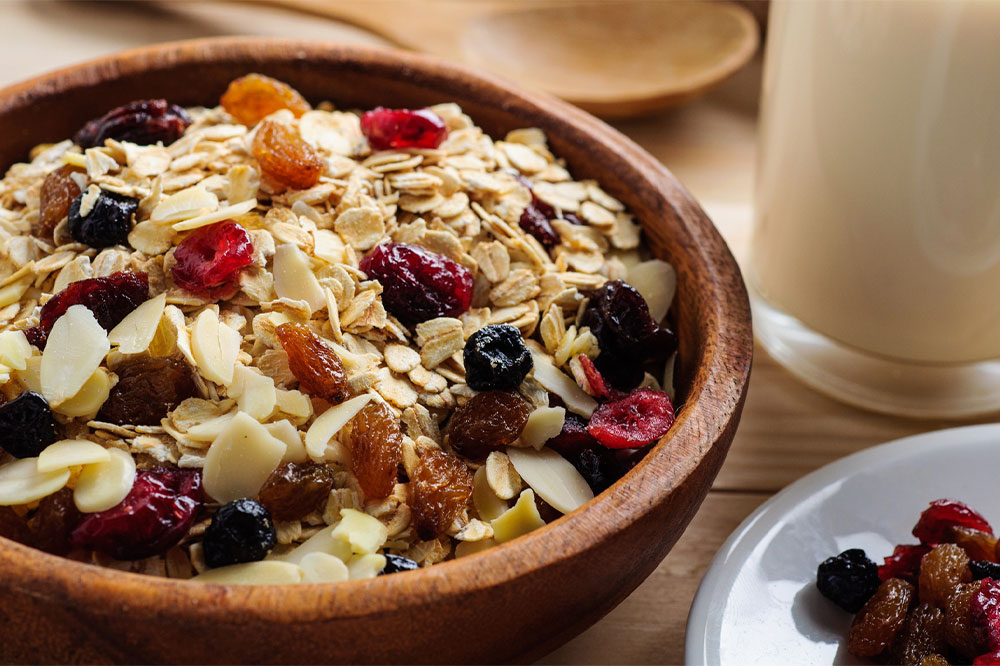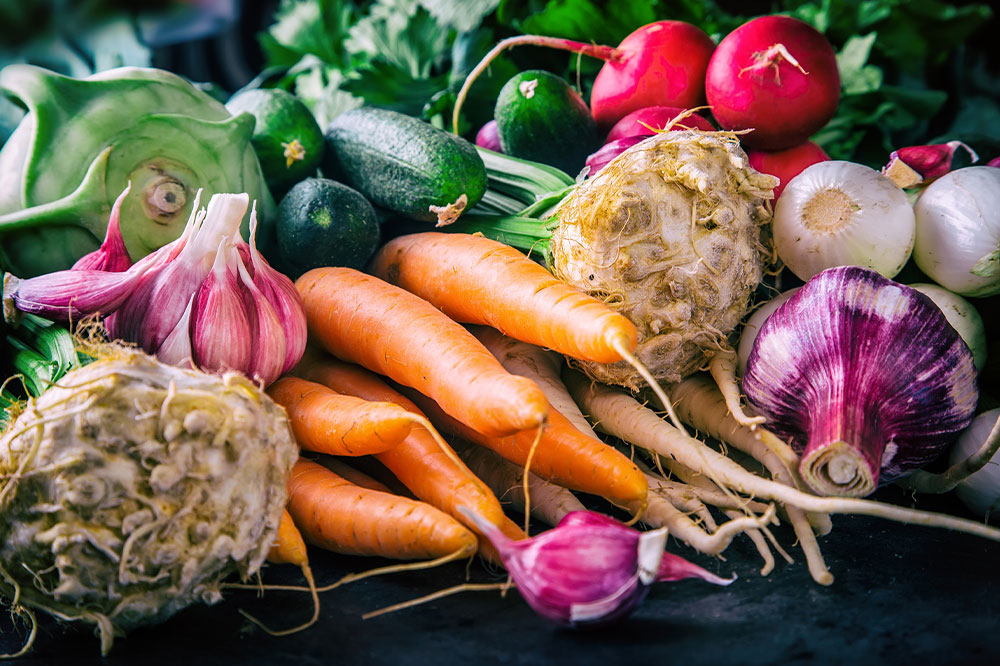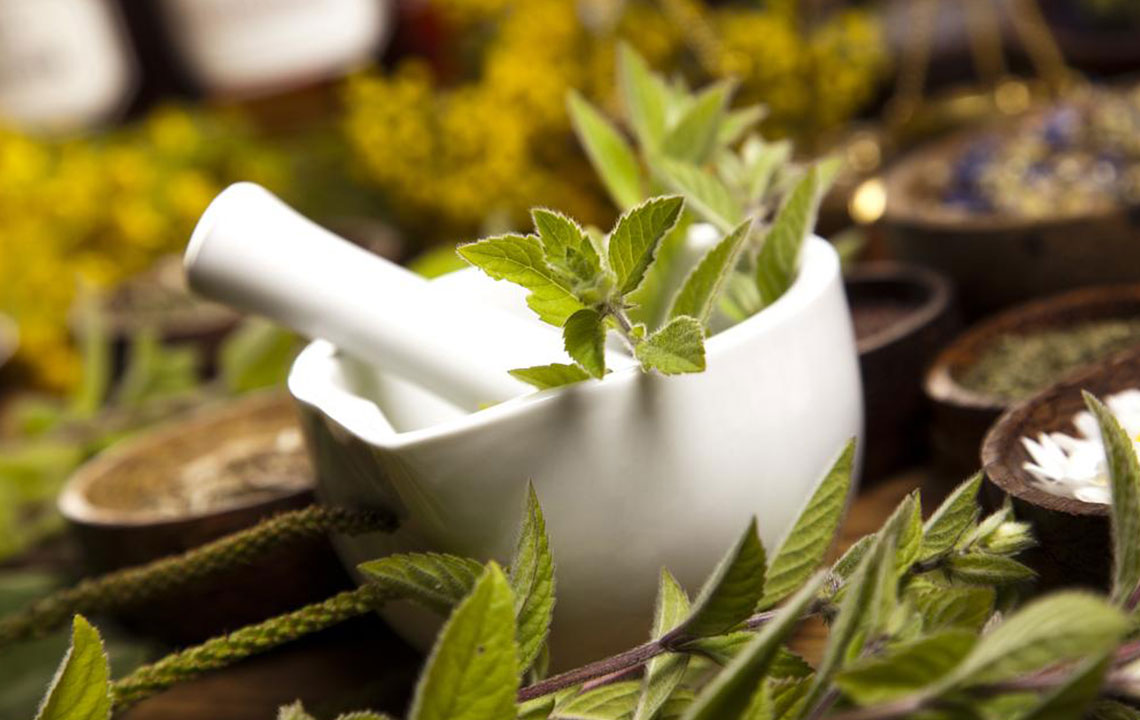Essential Foods to Avoid or Limit for Managing Colitis Symptoms Effectively
This comprehensive guide explores the key foods to avoid or limit for managing colitis symptoms effectively. It emphasizes the importance of dietary choices in reducing flare-ups, minimizing discomfort, and supporting overall gut health. The article details foods such as alcohol, caffeine, dairy, high-fiber items, processed meats, and spicy foods, offering practical tips for dietary management. Suitable for individuals with colitis seeking to improve their quality of life, this article provides valuable insights into safe eating habits to control inflammation and improve digestion during flare-ups.
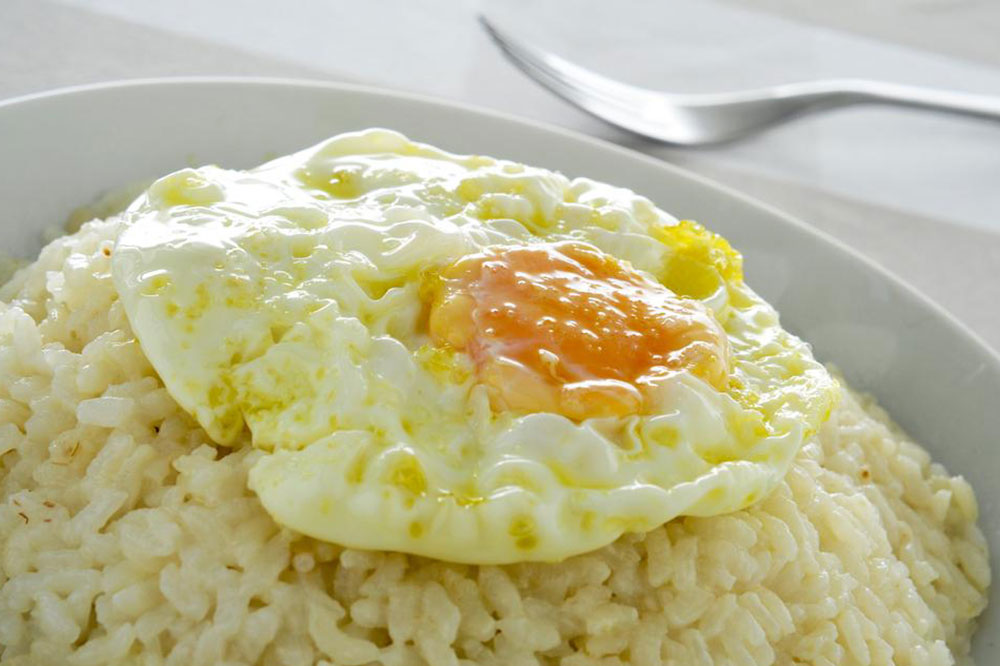
Chronic colitis is a persistent inflammation of the large intestine and rectum that significantly impacts an individual's quality of life. People suffering from this condition often experience symptoms such as persistent fatigue, frequent diarrhea, rectal bleeding, and urgent bowel movements. Effectively managing these symptoms requires a comprehensive approach, with dietary management playing a pivotal role. Understanding which foods can exacerbate the condition and avoiding them can help reduce flare-ups, maintain nutritional balance, and improve overall well-being. This detailed guide explores the key foods to limit or avoid for those living with colitis.
Colitis, particularly ulcerative colitis, is a complex inflammatory bowel disease (IBD) that causes inflammation and ulceration of the inner lining of the colon and rectum. While medications are essential in controlling inflammation, diet can either alleviate or worsen symptoms. Knowing what to eat and what to avoid is crucial for managing daily symptoms and preventing exacerbations. Certain foods are known triggers that can intensify symptoms like cramping, diarrhea, and abdominal pain—particularly during flare-ups. Below, we delve into the specific foods that individuals with colitis should limit or completely avoid to maintain a healthier gut environment.
Alcohol: Alcoholic beverages, including wine, beer, and spirits, are notorious for irritating the gastrointestinal tract. Alcohol stimulates intestinal motility, increases inflammation, and can cause diarrhea. It's a significant trigger for exacerbating colitis symptoms and should be consumed in moderation or avoided altogether during flare-ups. Alcohol can also interfere with medications used to treat colitis, further complicating disease management.
Limiting alcohol intake is recommended for those with colitis to reduce inflammation and prevent aggravation of symptoms. Abstaining during active disease phases can significantly impact the severity and frequency of flare-ups.
Caffeine: Found abundantly in coffee, tea, sodas, energy drinks, and even chocolates, caffeine is a stimulant that increases bowel movements and can worsen diarrhea. Caffeine can also irritate the lining of the intestine, leading to cramping and discomfort. When managing colitis flare-ups, reducing or eliminating caffeine intake can help stabilize bowel movements and reduce irritation.
Some individuals find that switching to decaffeinated options or herbal teas during flare-ups provides relief without compromising comfort or hydration.
Carbonated Beverages: Beverages like soda, sparkling water, and beer contain carbon dioxide gas, which can distend the intestines and cause bloating, cramping, and increased urgency. Many carbonated drinks are also high in sugar or contain artificial sweeteners and caffeine, which further exacerbate gastrointestinal symptoms. These drinks should be avoided to prevent unnecessary discomfort and to promote gut health.
Switching to non-carbonated, hydration-friendly drinks such as herbal teas or plain water can help soothe the gastrointestinal tract and support recovery.
Dairy Products: Dairy products like milk, cheese, and yogurt often contain lactose, which can be poorly tolerated by many individuals with colitis, especially during active disease phases. Lactose intolerance can lead to symptoms such as bloating, gas, cramping, and diarrhea. If dairy worsens symptoms, alternatives like lactose-free milk or plant-based options (almond, soy, oat milk) should be considered.
It’s essential for patients to monitor their responses to dairy and consult healthcare providers to determine personal tolerances. Proper nutritional guidance ensures adequate calcium and vitamin D intake from suitable sources.
Dried Legumes and Beans: Foods like lentils, chickpeas, kidney beans, and other dried legumes are high in fiber and complex carbohydrates. While healthy for many, they can cause increased gas, bloating, cramps, and frequent bowel movements during active colitis periods. These effects are due to the fermentation of fiber by gut bacteria, producing gas as a byproduct.
During flare-ups, it's advisable to limit or temporarily eliminate legumes and beans until inflammation subsides. When symptoms improve, they can be reintroduced gradually, ensuring proper preparation (soaking, cooking thoroughly) to minimize gastrointestinal discomfort.
Dried Fruits: Dried fruits such as raisins, apricots, and prunes are fiber-dense and contain natural sugars that can stimulate bowel activity and trigger symptoms. Their fibrous nature and sugar content can also produce gas and bloating, aggravating colitis symptoms during active phases.
Fresh fruits with lower fiber content, and well-cooked or pureed options, are often better tolerated during flare-ups. Always tailor intake to individual tolerances and nutritional needs.
Foods Rich in Sulfur or Sulfates: Sulfur-rich foods like eggs, dairy, cruciferous vegetables (broccoli, cauliflower, Brussels sprouts), red meats, prunes, and wheat pasta can produce gas and cause bloating. These foods may worsen symptoms due to their gaseous and inflammatory effects on a sensitive colon.
Moderating or avoiding high-sulfur foods during flare-ups can help reduce gas and discomfort, facilitating easier digestion and symptom relief.
High-Fiber Foods: While fiber is integral to healthy digestion, excessive fiber intake during active colitis might aggravate symptoms like cramping, diarrhea, and gas. Foods high in insoluble fiber—such as whole grains, nuts, seeds, and certain raw vegetables—should be limited during flare-ups.
Cooking or steaming vegetables can reduce their fiber content and make them easier to digest during sensitive periods. Gradual reintroduction once remission begins is recommended to assess tolerance.
Red and Processed Meats: Meats like beef, pork, and processed meats (sausages, deli slices) are difficult to digest and can irritate an inflamed colon. These products often contain additives, preservatives, and high-fat content that can worsen inflammation and trigger symptoms.
Opting for lean poultry or fish with gentle cooking methods can be a better choice when managing colitis symptoms.
Popcorn: A popular snack, popcorn can be hard to digest because of its fiber and air pockets, potentially increasing urgency and discomfort. It can also cause mechanical irritation to the inflamed colon.
During active disease phases, avoiding popcorn and other tough-to-digest snacks supports better gut health.
Sugar Alcohols: Often found in sugar-free gums, candies, and processed foods, sugar alcohols such as sorbitol and xylitol can cause bloating, gas, and diarrhea. They have a laxative effect in some individuals with sensitive digestive systems.
Limiting intake of products containing sugar alcohols during symptoms flare-up can reduce gastrointestinal distress and improve comfort.
Raw Fruits and Vegetables: Raw produce like broccoli, onions, cabbage, and Brussels sprouts are rich in fiber and difficult to digest in their raw form. Their consumption may trigger symptoms such as bloating, cramping, and diarrhea during active colitis.
Cooking, steaming, or pureeing these foods can help reduce their fiber and gas-producing properties, making them easier to tolerate during flare-ups.
Refined Sugars: Foods high in refined sugars—such as candies, pastries, and sweetened beverages—can increase water retention and intestinal motility, leading to diarrhea and discomfort. They also promote dehydration and inflammation within the gut tissues.
Reducing refined sugar intake supports gut healing and overall health during colitis management.
Spicy Foods: Hot sauces, chili peppers, and other spicy foods contain capsaicin, which can irritate the intestinal lining, cause burning sensations, and trigger diarrhea. These foods can exacerbate inflammation and should be avoided during active disease episodes.
Opting for milder seasonings and gentle flavors can help prevent irritation while still enjoying flavorful meals.
Incorporating thoughtful dietary choices is essential for managing colitis effectively. Avoiding or limiting these trigger foods can substantially reduce the frequency and severity of flare-ups, improve digestion, and promote better nutritional status. Patients are advised to keep a food diary to track individual sensitivities and work with healthcare providers or dietitians to develop personalized diet plans that support long-term health and quality of life. Understanding and controlling dietary triggers is a foundational aspect of living well with colitis, empowering individuals to lead healthier, more comfortable lives despite the challenges posed by this chronic condition.
